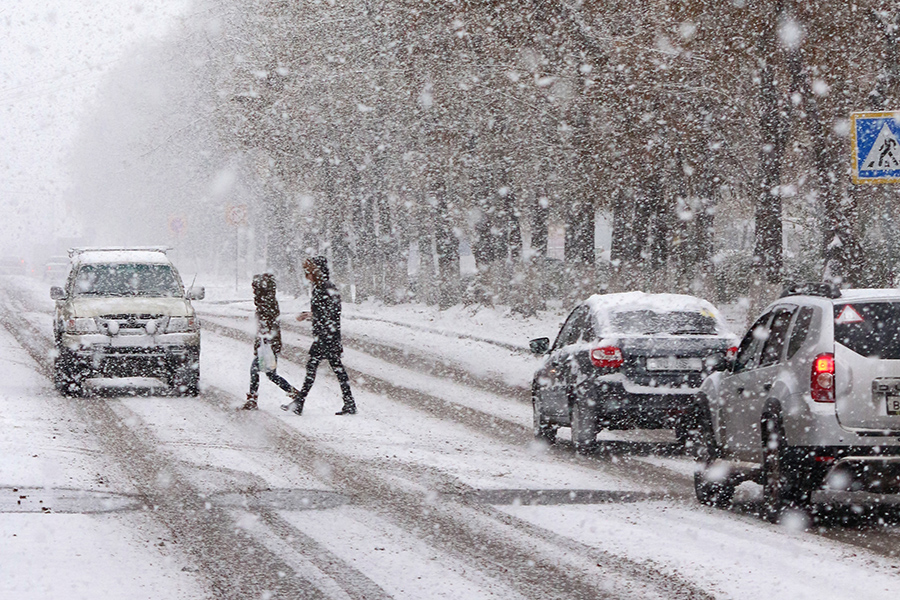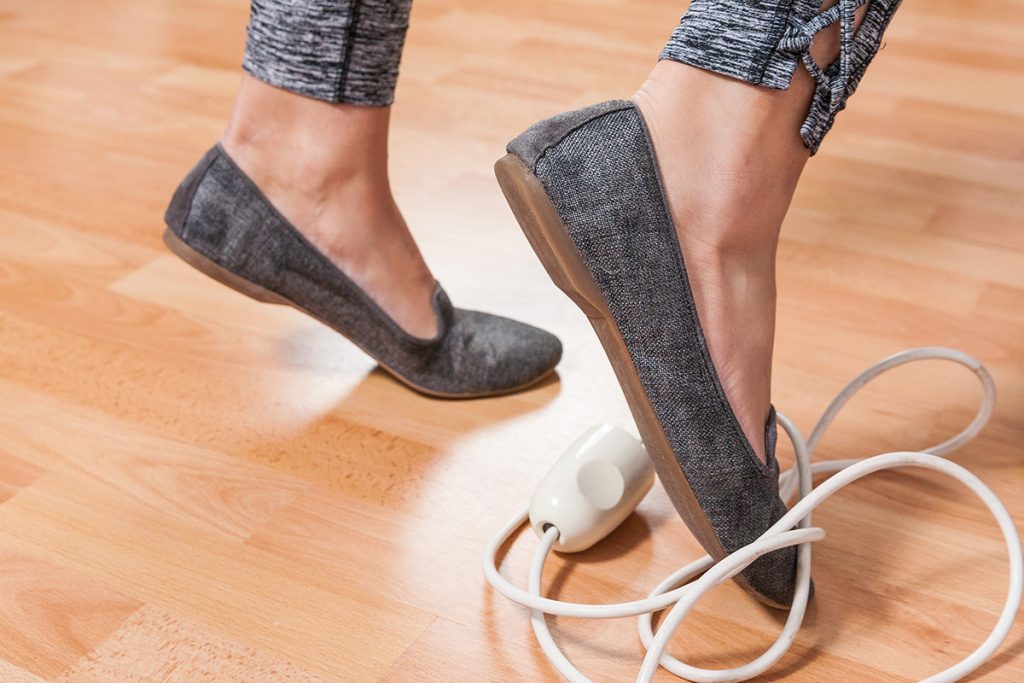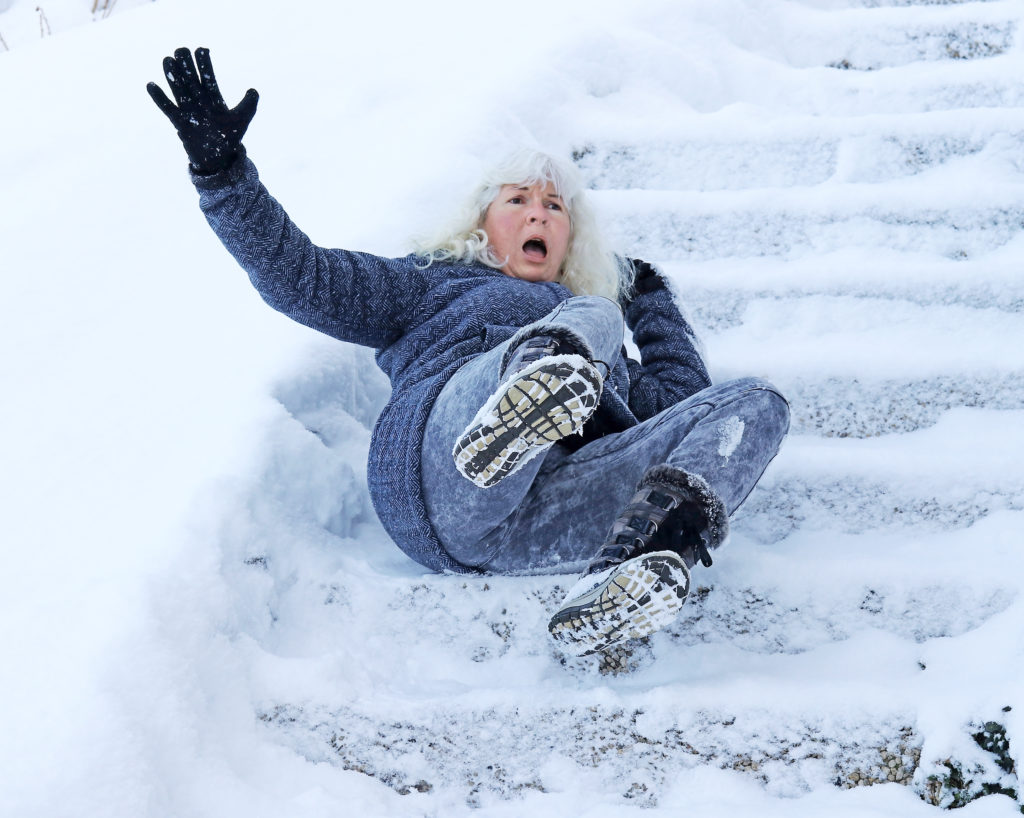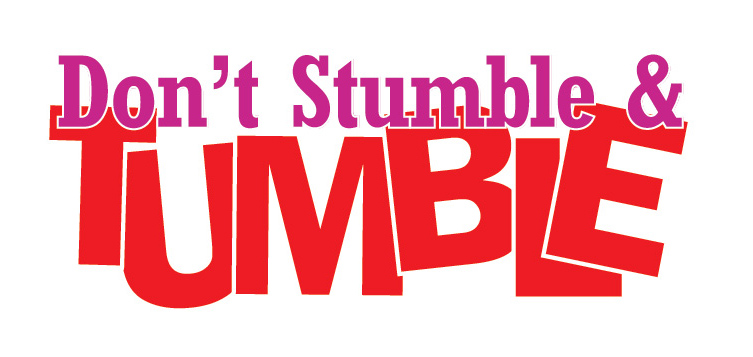Don’t Stumble and Tumble
It’s important to prevent a fall especially for seniors. A fall can spell big trouble. It can land you squarely in the hospital and reduce your independence.
According to the Centers for Disease Control and Prevention (CDC), 25 percent of seniors age 65 and older suffer a fall every year. Many suffer head trauma, hip fractures and lacerations due to falls.
What Can I Do to Lessen My Chances?
Get Regular Exercise
Some falls are caused by weak muscles. Strength-building exercises are best and include: walking, swimming and dancing
De-Clutter!
Look around and remove fall hazards like electrical cords, pet toys, magazines, shoes, baskets and plants. Get rid of throw rugs.
Clean Up Spills
If you spill something, take time to clean it up so no one trips and slips
Use a Cane
If you are becoming a little wobbly, try using a cane and use handrails on stairs. You may want to also install grab bars in your bathroom tub and shower.
Turn On The Lights
With age, eyesight declines. Turn on lights in dark hallways. Add brighter lighting to stairwells and porches. Keep a flashlight handy if you get up at night and install simple nightlights.
See The Ear Doctor and The Eye Doctor
Hearing and vision loss can make you more prone to falling. Be sure to get your eyes and ears checked annually or if you notice a change.
Medications can cause drowsiness or dizziness. Ask your doctor if any medicines you take can add to your fall risk. If so, you should take extra precautions to prevent falls.
Wear Good Footwear
Sturdy well-fitting shoes with rubber soles help with balance. Avoid flip flops, slippers, high heels and backless shoes.
Winter Snow and Ice
Special care should be taken during winter months. Snow and ice can track in your house on your shoes and increase the chances of a fall. Clean off your shoes after going outside in snow and ice.
Winter Poses Other Problems for Seniors
Dehydration
Drink 4 or 5 glasses of water each day during dry winter days to avoid dehydration.
Itching
Dry winter days also spell trouble for skin. Because of lower humidity you should use skin lotions after bathing and throughout the day to avoid dry, itchy skin.
Hypothermia
Older adults’ bodies do not tolerate the cold as well as younger people. Keep your thermostat at 65 degrees at a minimum.
Chronic Pain
Colder weather aggravates chronic problems like arthritis. Talk to your doctor if you experience greater pain during the winter.
Heart Problems
In colder weather you blood vessels constrict. This makes it harder for your heart to pump blood which carries oxygen through your body. Layer up with appropriate clothing to keep your body warm.
Sleep Habits
Your sleep and wake habits may be disturbed by the shorter winter days. You may want to use an alarm to wake to keep to a regular sleep schedule.
2020 IS HERE!










Comments are closed.